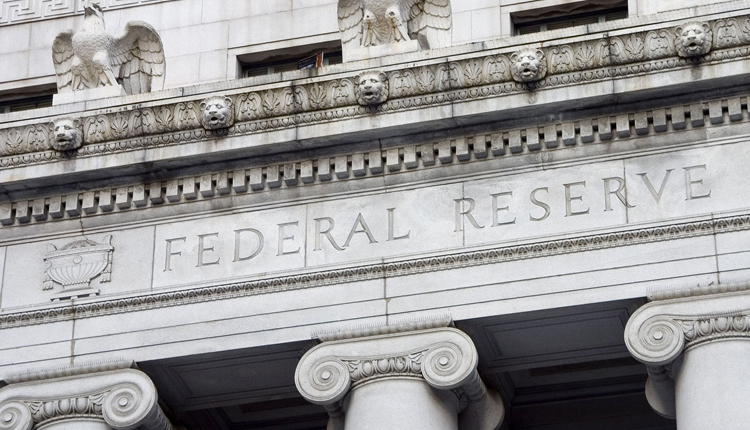The U.S. Federal Reserve has announced on Wednesday its biggest interest rate increase in more than two decades, a move aimed to as fight against fast rising prices.
In a statement, Fed said it was raising its benchmark interest rate by half a percentage point, to a range of 0.75 percent to 1 percent after a smaller surge earlier in March.
With a U.S. inflation at a 40-year high, further rates hikes are expected to announce later.
The rate rise decision marks the U.S. central bank’s latest effort to contain spiking costs being felt by households around the world.
“Inflation is much too high and we understand the hardship it is causing,” Fed chairman Jerome Powell said in a press conference in Washington after releasing the statement on Wednesday.
“We are moving expeditiously to bring it back down.” Powell added.
In March, inflation in the U.S. hit 8.5 percent, the sharpest annual rate since 1981, driven by accelerating costs for food and energy.
That is well above the U.S. central bank’s 2 percent target and has become a growing political issue for President Joe Biden.
Many economists argue that the Fed has been slow to respond to the problem, which has been fuelled by several factors, including pandemic-related supply shortages, a shock to energy markets from the ongoing war in Ukraine, and in the U.S., huge government spending – including direct cheques to households – to support the economy after the pandemic hit.


